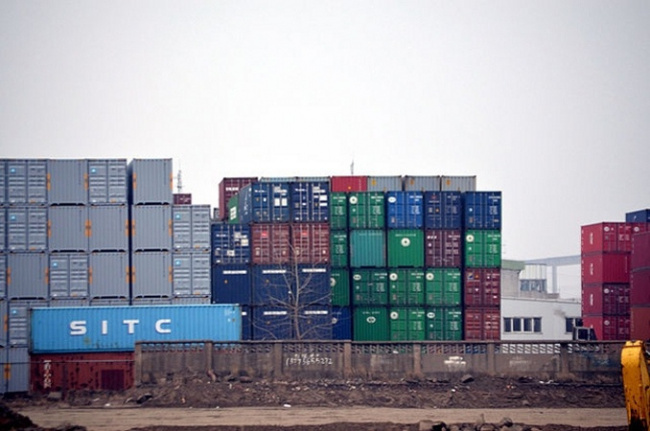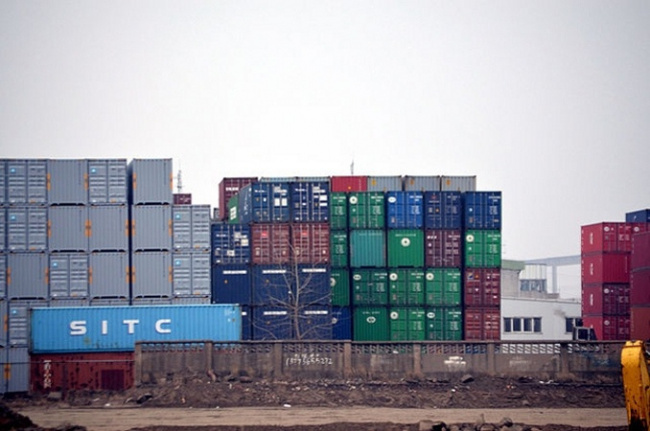The two sides in port negotiations on the U.S. East and Gulf Coasts are far apart in this final week before the contract expires, a deadline after which the union has said it will strike. In fact, the two sides don’t even agree on the state of negotiations. The United States Maritime Alliance, the organization of port operators, said negotiations have halted. “Despite additional attempts by USMX to engage with the ILA and resume bargaining, we have been unable to schedule a meeting to continue negotiations on a new Master Contract,” the organization said in its Monday statement.
The International Longshoremen’s Association, on the other hand, says communication lines are open, but the problem is the offer on the table. “Despite engaging in a misleading publicity campaign with claims that the International Longshoremen’s Association (ILA) refused to negotiate with United States Maritime Alliance (USMX), the two sides have communicated multiple times in recent weeks,” the union said in its Monday statement. “The stalemate remains in Master Contract negotiations because USMX continues to offer ILA longshore workers an unacceptable wage increase package.”
If there is no agreement, the strike will begin on October 1, in a peak season for holiday import shipments. The ports potentially affected by a strike account for about 60% of the container traffic coming into the U.S., according to the New York Times. While large amounts of holiday freight are moving through ports earlier than a year ago, and shipments have been diverted from East Coast ports to the West Coast, a strike will still cause massive disruption to shipments for a variety of goods. West Coast ports are handling the surge in freight, according to the report, but cannot handle the amount of freight currently headed for East and Gulf Coast ports.
The longshoremen on East and Gulf Coast ports are under a different contract than West Coast dockworkers, who signed a new contract last year (see “Dockworkers Settle“).
Earlier this year, global supply chains were faltering due to a drought slowing traffic through the Panama Canal and Houthi attacks on shipping through the Red Sea (see “Supply Chains Faltering“). While those disruptions have now eased, this new crisis threatens the biggest supply chain slowdown since the pandemic.
Source: ICv2


